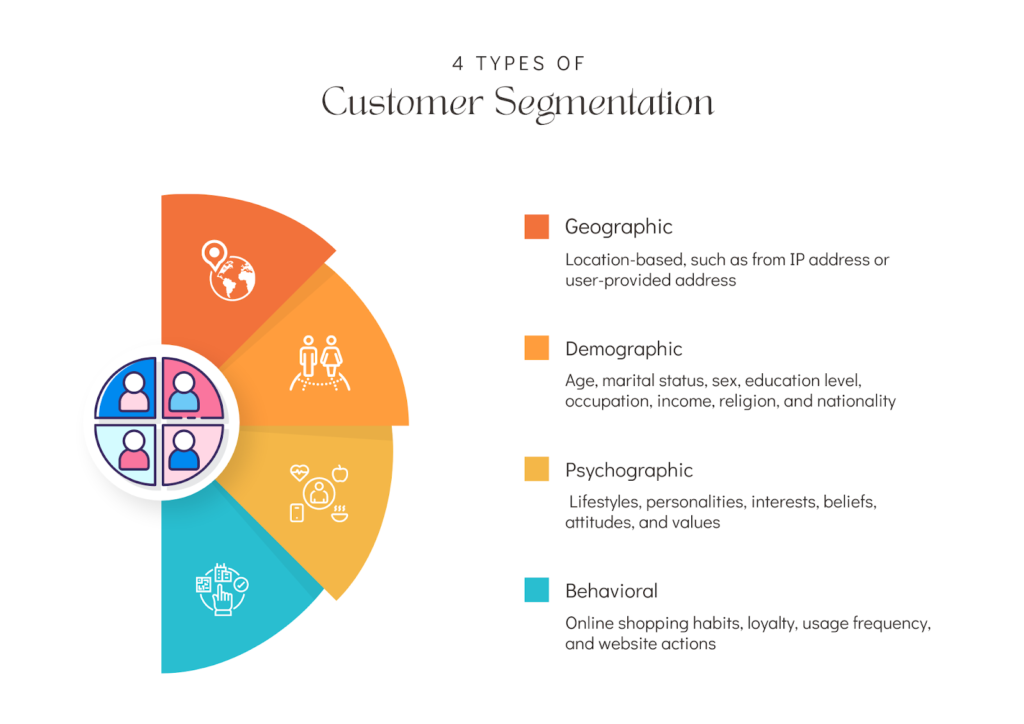Let’s talk about email deliverability tools—basically, the art of making sure your carefully crafted emails actually land in your recipient’s inbox rather than getting banished to spam purgatory. If your deliverability rate has taken a nosedive, chances are you’ve done something to upset the email gods. Maybe you’ve been blasting cold emails to people who don’t know you exist (risky business, my friend). Or perhaps you’ve been sending the same email to a massive list without so much as a sprinkle of personalization. If any of this sounds familiar, buckle up because we’re about to dive deep into how to fix this mess.
What is Email Deliverability Anyway?
Think of email deliverability as the gateway between your email and your recipient’s inbox. If your deliverability rate is high, your email is like a VIP guest waltzing past the bouncer. If it’s low, your email is left in line with the crowd (or worse, gets thrown out). It’s not just about sending an email—it’s about ensuring it gets where it’s supposed to go. And if you’re noticing that your emails land more in spam folders than in inboxes, you’ve got a problem.
But don’t worry; you’re not alone. Most marketers and sales folks encounter email deliverability issues at some point. The trick is knowing how to fix it, and lucky for you, I’m here to share my knowledge—and maybe a few dad jokes along the way.
CRM Segmentation: Personalization is Key
So, let’s start with the basics. One of the best ways to improve deliverability is through CRM segmentation. This isn’t just some fancy marketing buzzword—it’s a powerful way to increase the open rate of your emails. By segmenting your email list based on your audience’s behaviors, interests, or demographics, you’re able to send relevant content that speaks directly to them. In other words, you’re not throwing spaghetti at the wall and hoping it sticks—you’re giving people content they actually care about.

Source
Think about it: if you’re sending a cold email to a group of prospects and you personalize it based on their industry or pain points, they’re way more likely to engage. Segmenting your email list allows you to tailor your message and increase your chances of getting a response. It’s like dating—if you take the time to know someone, you’re more likely to make a meaningful connection (and less likely to end up ghosted).
Tip: Use your CRM data to create segments such as:
- Geographic location
- Past purchases or interactions
- Industry or job title
- Engagement level (high, medium, low)
By creating these segments, you’ll not only increase engagement but also show ESPs (Email Service Providers) that your content is valuable and relevant, improving your sender reputation.
Avoid the Spam Trap: The Top Flagged Words (And Email Deliverability tools)
We’ve all been there: you hit “send” on an email only to find out it’s been flagged as spam. It’s like baking cookies for your neighbors and finding out they’re gluten-free—heartbreaking. Part of the issue could be the language you’re using. ESPs have gotten smarter at spotting spammy words that trigger spam filters.
Here’s a quick list of top flagged words:
- Free (Shocker, right?)
- Buy now
- Limited time
- Act now
- Congratulations
- Guaranteed
If your email sounds like a late-night infomercial, ESPs are going to give you the side-eye and dump your message in the spam folder. Instead of saying, “Buy now for a limited time,” try something more conversational, like, “We’ve got a little something special just for you.” It feels more like a personal invite and less like an ad.
And if you’re really worried about your emails, you can always run them through an email spam checker before hitting send. Tools like MXToolbox and Lemwarm offer deliverability tools that test your emails and show you what needs to be adjusted.
Database Cleaning: Quality Over Quantity
Now, let’s talk about the big one—database cleaning. I get it; no one wants to let go of their precious email list, but having a massive list of unengaged contacts isn’t helping your deliverability. In fact, it’s hurting it. If ESPs see that you’re sending emails to a ton of inactive or invalid addresses, they’re going to assume you’re up to no good.
Database cleaning means removing contacts who haven’t engaged with your emails in a while, or who have bounced. Sure, it might be tough to say goodbye, but sometimes you have to Marie Kondo your email list and only keep the ones that “spark joy.” By doing this, you’ll reduce your bounce rate, improve your sender reputation, and increase your delivery rate.
Warming Up an IP Address: Slow and Steady Wins the Race
If you’re using a new IP address, you can’t just jump into sending thousands of emails. That’s like running a marathon with zero training. Instead, you need to warm up your IP address gradually. This is essential for maintaining a good sender reputation and improving your inbox placement.
Start by sending small batches of emails—maybe 20-50 per day—to engaged contacts. Gradually increase this number over the course of several weeks. This shows ESPs that you’re not a spammer but rather a legitimate sender who’s working to build relationships. It’s like earning trust with a new neighbor; you can’t just borrow their lawnmower on day one. You’ve got to ease into it.
Best Practices for Fixing Bad Deliverability
Alright, if you’ve already found yourself in email jail, it’s time to break out—Shawshank Redemption style. Here’s a quick rundown of best practices to get your deliverability tool back on track:
- Segment and Personalize: I know, I’m a broken record, but it’s important. Use your CRM to create targeted segments and personalize your messages.
- Check Your Language: Avoid spammy words. If you wouldn’t say it in a normal conversation, don’t put it in an email.
- Run Tests: Use tools like MXToolbox or Lemwarm to run deliverability tests and make adjustments as needed.
- Clean Your Database: Eliminate inactive or invalid email addresses. You’ll thank yourself later.
- Warm Up Your IP Address: Start small and gradually increase your email volume. This will build trust with ESPs over time.
Skail: Your Secret Weapon for Email Deliverability
Now that you’ve learned all the best practices, let’s talk about Skail’s AI personalized email solutions and why it’s a game-changer for improving your email marketing efforts. Skail isn’t just another email delivery tool; it’s your AI-powered digital clone that creates unique, one-to-one communications. Imagine sending an email that sounds just like you—your tone, your style, and even your quirks. That’s Skail.
Skail can write follow-up emails, meeting invites, event promotions, and more—all while sounding like it came from you. And the best part? Each email is personalized, meaning no two emails look the same. ESPs love this because it shows you’re not spamming. Plus, you can review and approve everything before it goes out, just to make sure your digital clone doesn’t get too creative.
By leveraging Skail’s AI, you can:
- Increase your open rates with emails that don’t feel automated.
- Build genuine connections instead of blasting generic messages.
- Improve your sender reputation and avoid spam traps.
Wrapping It Up
Email deliverability doesn’t have to be a mystery. By using a deliverability tool and following best practices like segmentation, avoiding flagged words, and warming up your IP address, you can transform your email campaigns. And with Skail, you can take things up a notch, creating authentic, personalized communications that build relationships—not spam folders.
Ready to test your deliverability? Check out these tools: MXToolbox and Lemwarm. And remember: the goal isn’t just to send more emails; it’s to send better emails. Because at the end of the day, no one wants to be the email equivalent of junk mail.
So, go ahead—clean up that email list, craft some killer content, and start building connections that last. And if you need a little help along the way, Skail’s got your back. Let’s make your emails count!



